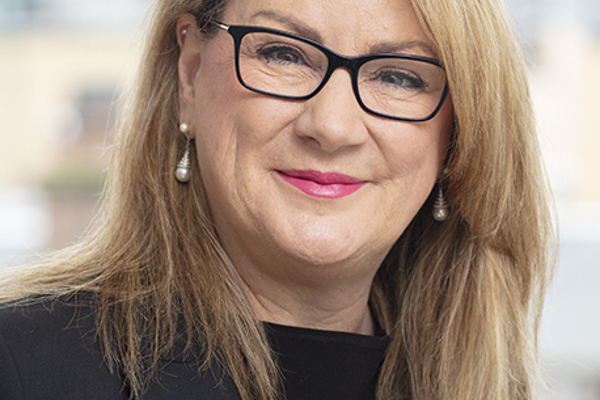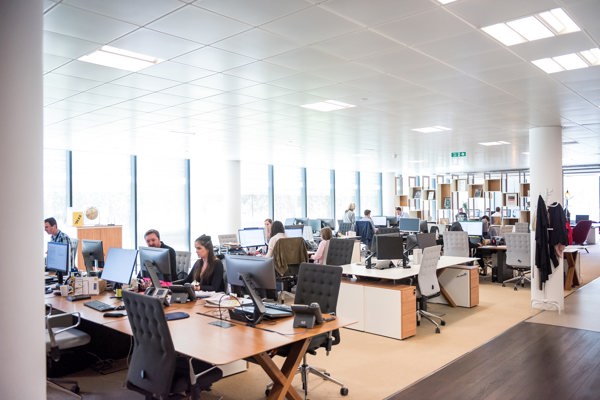
The Glasgow Women’s Leadership Statement on Gender Equality and Climate Change commits to strengthening efforts to support women and girls to lead on addressing climate change at community, national, and international level. The Statement also recognises that women and girls are often disproportionately affected by climate change and face greater risks and burdens from its impacts. An example which is often given is that girls in poorer countries are usually the first to miss out on schooling when environmental disaster hits. There is therefore a strong moral argument for listening to the voices of women and girls impacted by climate change and for improving their opportunities for leadership in this area.
There is also a strong economic argument. A recent study by McKinsey looking at employment and climate change concluded that the economic benefits of improving the position of women in the labour market could increase global GDP by enough to tackle the climate crisis. According to McKinsey, if women played an identical role in labour markets to men, as much as $28 trillion could be added to global annual GDP by 2025. This is more than enough to fund the battle against climate change, where there is a need for an extra $585 billion per year.
There is not just a moral and financial justification for improving gender equality in connection with climate change. There is plenty of evidence that having a diverse range of voices being heard and more diversity at a leadership level leads to more innovative and effective solutions being developed and helps to avoid the dangers of 'groupthink', where there is a danger of a fixed mindset. One thing that the scale of the climate crisis has taught us is that highly innovative and effective solutions are going to be crucial for the survival of the planet. Nowhere is this more important than in the field of science and technology, a field that has been traditionally male-dominated in the senior ranks. Morton Fraser is proud to be able to support our partners Equate Scotland who work to tackle the under-representation of women and girls at all levels in STEM (science, technology, engineering, and maths) in Scotland - from school through to senior management. We work with Equate to deliver free seminars for employers working in STEM industries who are looking to take positive action to improve their gender balance and the representation of women in leadership roles.
There is still clearly a long road ahead when it comes to tackling climate change, but it is equally clear that we will only be able to address the issues by fully including women and girls at every level.


